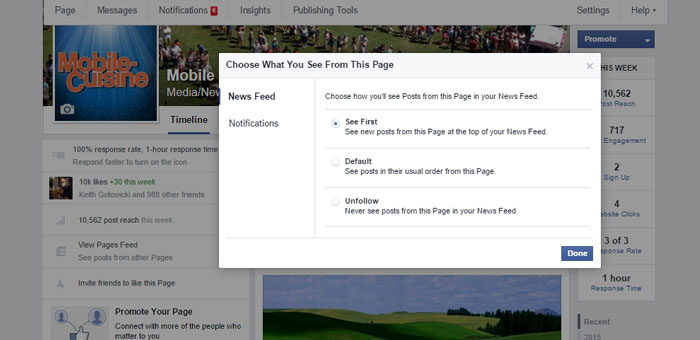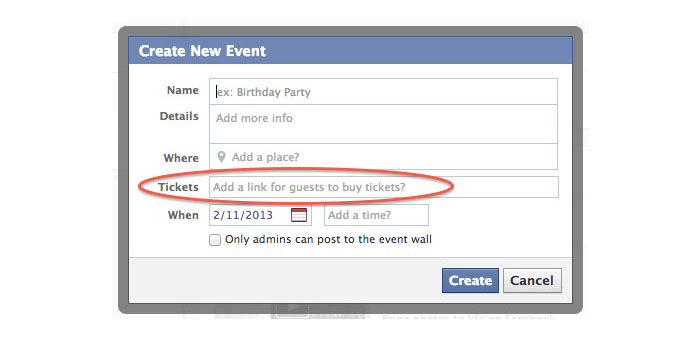One of your line cooks posts on their Facebook page that you are a tyrant and a bully. Your service window attendant comments in response that the truck’s food is bad. They also add that they shouldn’t be forced to share the tips. You may consider firing these employees for publicly disparaging your food truck business. However, if they contact the National Labor Relations Board (“NLRB”), do you know what happens next?
How The NLRB Affects Your Food Truck
Life as a food truck owner will get very tricky very fast. The National Labor Relations Act (“NLRA”) gives non-management employees the right to engage in acts of “mutual aid or protection” (concerted activities), and it is a violation of Section 8(a)(1) of the NLRA to interfere with or retaliate against concerted activities.
Arguably, the original post is a complaint about working conditions made on behalf of his co-workers, and the response has also raised concerns common to the coworkers. In the past, the NLRB has indicated a willingness to apply the concerted activities rules to social media postings.
In light of its recent administrative actions, the NLRB would likely demand that you settle with these employees (and reinstate them with back pay). If you refuse, the NLRB could bring an administrative action and hold a hearing on the matter. If you lose the hearing, you may be forced to rehire them and pay them back wages. Either way, you will be forced to incur substantial legal fees and administrative costs.
How To Set A NLRB Friendly Social Media Policy
- Avoid blanket prohibitions on any employee actions with respect to social media. This includes banning employees from talking about their job, complaining about their boss or co-workers or disparaging company policies.
- Instead of preventing employees from revealing confidential company information, be specific about what employees may not reveal. While it’s okay to protect recipes, trade secrets and customer lists, the NLRB has found that employees may have the right to discuss certain aspects of their confidential employment situation (such as salaries) through social media.
- Give employees specific examples of inappropriate postings. Acceptable limits include prohibitions on bullying, discrimination and retaliation. Talk to a lawyer before disciplining an employee for defaming your business via social media.
- Do not restrict employees’ ability to friend or follow co-workers on their personal social media pages.
- Unless you have a legitimate business purpose as part of your social media guidelines, don’t ask employees for their social media account information or passwords.
- Be consistent in how and when you review the social media accounts for prospective employees.
RELATED: Have You Setup Your Food Truck Social Media Policy?
The Bottom Line
When employees complain about working conditions, wages, unionization, rest periods, or any other issue common to co-workers, retaliation for those complaints (even if crude, inappropriate, or vulgar), or attempts to constrain those complaints, may bring unwanted scrutiny from the NLRB.
Take a look at your employee handbook and speak with an employment lawyer to insure that you follow these recommendations.
Share your thoughts on this topic in the comment section or social media. Facebook | Twitter




